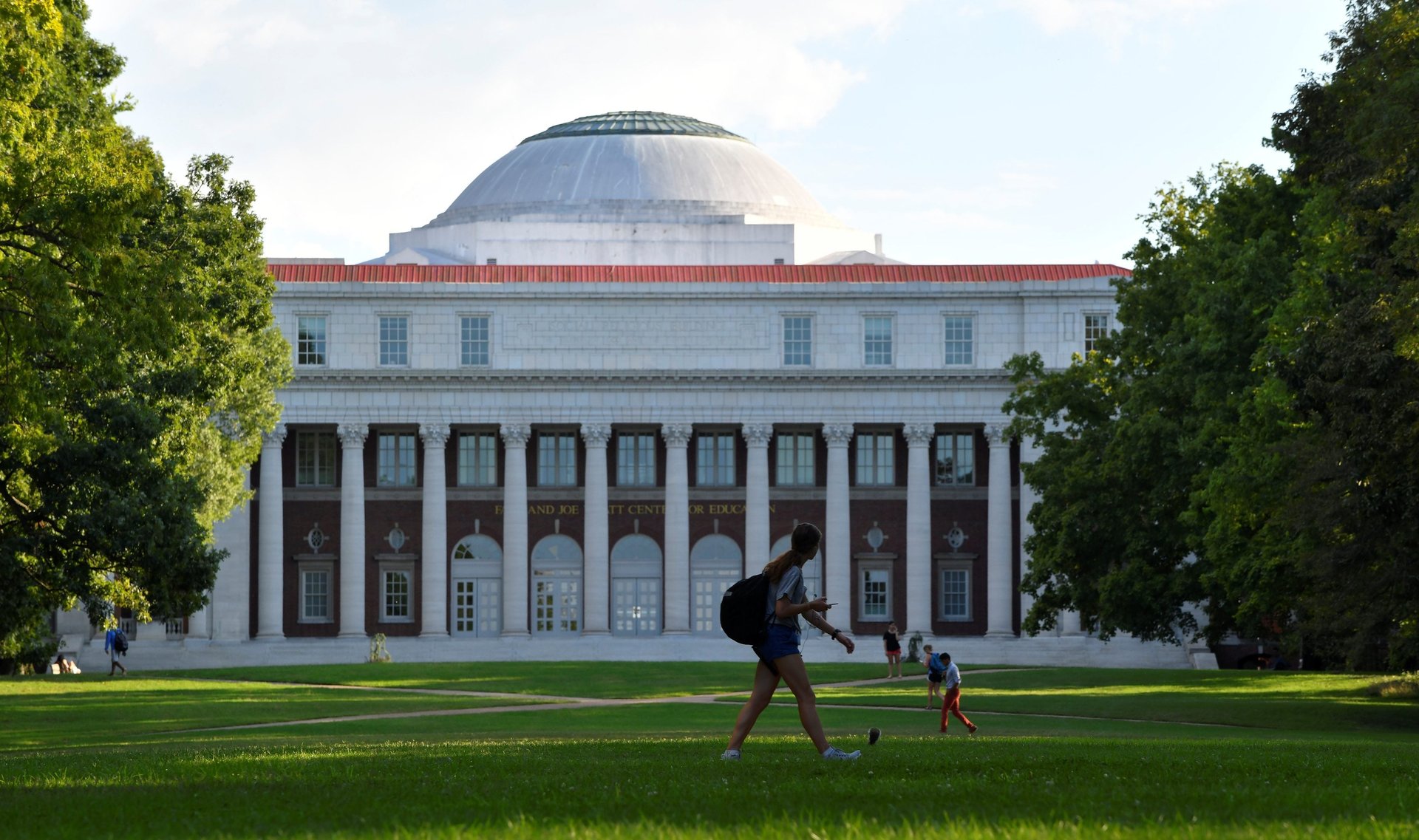The rampant growth of US college tuition is finally slowing down
College tuition has been rising consistently in the US for decades, but the increase is slowing down, according to the latest data from the US Bureau of Labor Statistics. In July, the consumer price index for college tuition and fees increased 0.2% from a year ago, the smallest year-over-year increase since 1979, the earliest data on record.


College tuition has been rising consistently in the US for decades, but the increase is slowing down, according to the latest data from the US Bureau of Labor Statistics. In July, the consumer price index for college tuition and fees increased 0.2% from a year ago, the smallest year-over-year increase since 1979, the earliest data on record.
“Certainly we have seen the lowest increase in tuition in more than three decades,” says Lynn Pasquerella, president of Association of American Colleges and Universities. “And part of it is that institutions are recognizing that as a result of Covid-19 and the ensuing financial crisis families can’t afford to attend college.”
Going to college is not cheap. In 2020-2021 academic year, the average list price of a public four-year college was $27,020; the cost of a four-year private institution was $37,650, according to the College Board. Over the last two decades, the price index for tuition and fees has increased 172%. The consumer price index for all items increased 61%.
Even before the pandemic, college enrollment was in decline due to changing demographics and the growing chorus of people calling into question a college degree, as well as high costs. College is expensive in part due to the steady decline in public investment in higher education. Today, 50% of public university s revenue comes from tuition, but 30 years ago, a quarter of revenue came from tuition, says Pasquerella. Total US student debt now stands at $1.7 trillion.
Universities could face an increasingly competitive environment for students, particularly if two-year colleges become free, as proposed by President Joe Biden’s $3.5 trillion budget plan, and people choose work over college in a strong labor market, says Tim Duy, chief US economist at SGH Macro Advisors, a research firm, and an economics professor at University of Oregon.
Many students do not pay the college sticker price, so when tuition increases, colleges and universities often have to provide greater financial aid, says Pasquerella.
Covid-19 is forcing colleges to reckon with the high costs of attending college
The pandemic has hit college enrollment hard. In the spring, university enrollment declined sharply, from 17.5 million to 16.9 million, according to data from the National Student ClearingHouse, a nonprofit education research company. The reasons relate to the pandemic—students deferred college due to the uncertainty around the virus; some students didn’t see the value in virtual learning; others turned to jobs to support their families.
In response dozens of colleges and universities, both public and private, have been freezing or slashing tuition costs to attract students back to campus. Purdue University, a public university in Indiana, plans to continue its tuition freezes. The College of William & Mary, a pubic university in Virginia, froze tuition for both in-state and out-of-state undergraduate students, the fourth year in a row. Rider University, a private school in New Jersey, will cut annual undergraduate tuition by 22%. Meanwhile, some schools are using federal stimulus funds to cancel students’ debt in part to help re-enroll students.
“We’ve hit a plateau in terms of what the market will bear at a time when three months after the declaration of a pandemic, 53 million people filed for unemployment benefits,” says Pasquerella. “Part of it is a reinvestment at the public level in higher education.”
Now that the pandemic has accelerated the decline of college enrollment—and with the longer-term trend of a stagnant pool of college-age students—there’s increasing pressure on colleges to find ways to attract more students, says Duy. So, there’s more incentive for colleges to increase discounts and student aid to attract lower income and first generation students.“The only way you could do that is to contain prices,” says Duy.